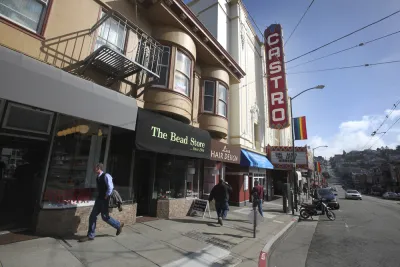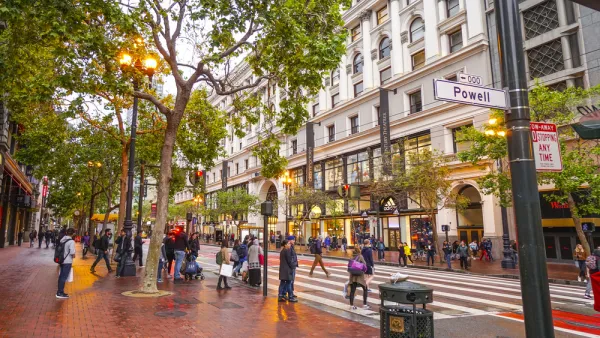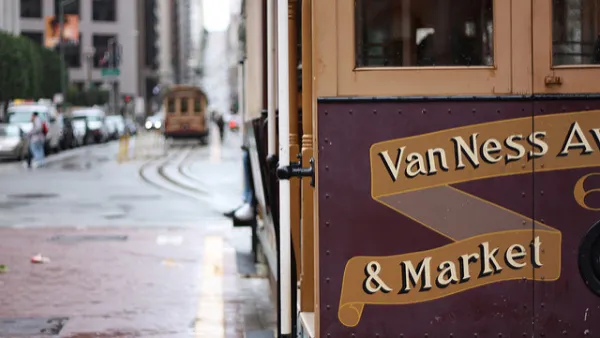Local ordinances typically try to protect residents from excess noise. In San Francisco, though, a city official is proposing policies that would protect the right of musical acts to keep rocking despite the encroachment of new neighbors.

As in many cities, many of San Francisco's small music clubs are located in marginal neighborhoods, often industrial or commercial areas, like Dogpatch or the Mission, where bands can turn up the volume without fear that they will offend neighbors. But with a housing crisis in full swing and the gentrification of formerly undesirable neighborhoods, music venues now have more neighbors within earshot, and many of them are cranky.
Bands and venue owners are pushing back against noise complaints, contending that the music scene is a vital part of San Francisco's culture. Supervisor London Breed agrees. She has sponsored an ordinance that seeks to smooth relationships between venues and residents. The ordinance would require developers to work with music venues before construction begins, to notify prospective residents of the proximity of music clubs, and to consider including mitigation measures in their project. The ordinance would prevent the forced shut-down of any venue that follows city rules, no matter how much neighbors may complain.
A petition in support of Breed's legislation has garnered 3,000 signatures.
"The soul of this city is just changing so fast, whether it's a Google bus or whatever else," Jocelyn Kane, executive director of the Entertainment Commission, told SF Weekly. "It's different now from what we saw in the '90s, with the amount of money, and the sustained amount of change. This legislation is important because it forces project sponsors to come talk to us and get our signoff."
SF Weekly reports that 2012 study from the city's Office of Economic Analysis found that San Francisco's Nightlife Industries generated roughly $4.2 billion in 2010.
FULL STORY: Noise Ordinance: London Breed Legislation to Preserve Live Music & Nightlife

Analysis: Cybertruck Fatality Rate Far Exceeds That of Ford Pinto
The Tesla Cybertruck was recalled seven times last year.

National Parks Layoffs Will Cause Communities to Lose Billions
Thousands of essential park workers were laid off this week, just before the busy spring break season.

Retro-silient?: America’s First “Eco-burb,” The Woodlands Turns 50
A master-planned community north of Houston offers lessons on green infrastructure and resilient design, but falls short of its founder’s lofty affordability and walkability goals.

Test News Post 1
This is a summary

Analysis: Cybertruck Fatality Rate Far Exceeds That of Ford Pinto
The Tesla Cybertruck was recalled seven times last year.

Test News Headline 46
Test for the image on the front page.
Urban Design for Planners 1: Software Tools
This six-course series explores essential urban design concepts using open source software and equips planners with the tools they need to participate fully in the urban design process.
Planning for Universal Design
Learn the tools for implementing Universal Design in planning regulations.
EMC Planning Group, Inc.
Planetizen
Planetizen
Mpact (formerly Rail~Volution)
Great Falls Development Authority, Inc.
HUDs Office of Policy Development and Research
NYU Wagner Graduate School of Public Service




























